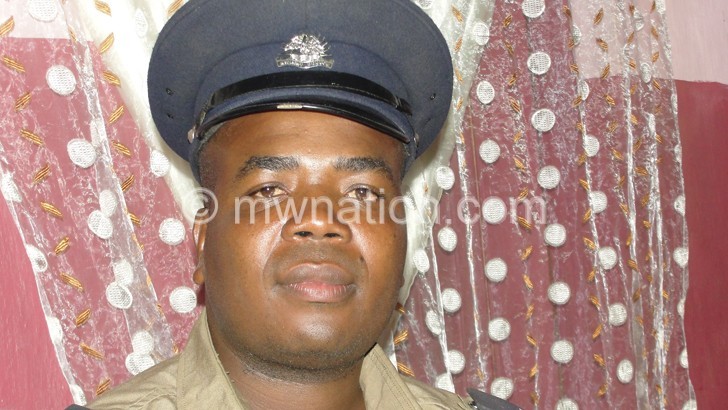Government rejects 50 charcoal licence applications
Malawi Government has rejected licence applications for over 50 companies to produce and supply charcoal in the country, public relations officer for environment and climate change Sangwani Phiri has said.
In February last year, government indicated that it will start issuing licences to charcoal producers as one way of ensuring environmental sustainability.

But in a telephone interview on Monday, Phiri said all the applicants did not meet the criteria.
“Many applied but have not [been] granted licences because they do not meet the three criteria,” he said, stressing that government demands the applicants to have private land, tree seedlings and get support on tree management from Department of Forestry’s extension workers.
Phiri, however, said all the applicants planned to produce charcoal from indigenous trees.
“In this case, all we need is proof that the applicant planted and managed the indigenous trees to maturity level [and] they have failed to provide this information,” he said.
While encouraging the companies to resubmit their applications to the ministry, Phiri said government is more interested in regeneration of the trees after maturity.
He said a licence has only been granted to Kawandama Hills Plantations (KHP) in Viphya Forests in the Northern Region because it plants its own trees and has timber as a bi-product.
Phiri said although KHP cannot meet the demand for charcoal in the country, the company are pioneers in the industry.
Meanwhile, Malawi’s sole charcoal producing firm is expected to start production in the next two months.
Tanya Clarke, managing director of KPH, which is also known as Citrefine Plantations Limited (CPL), a company that extracts essential oils from leaf biomass for export market, said in an interview on Monday that they plant trees on 1 000 hectares and plan to use the timber bi-product for charcoal production.
“At least the KHP model is raising awareness about how this industry could be formalised even though it will only make a small dent in the huge market,” she said.
Figures from the Forestry Department show that 97 percent of Malawians depend on charcoal and firewood as a primary source of energy.





